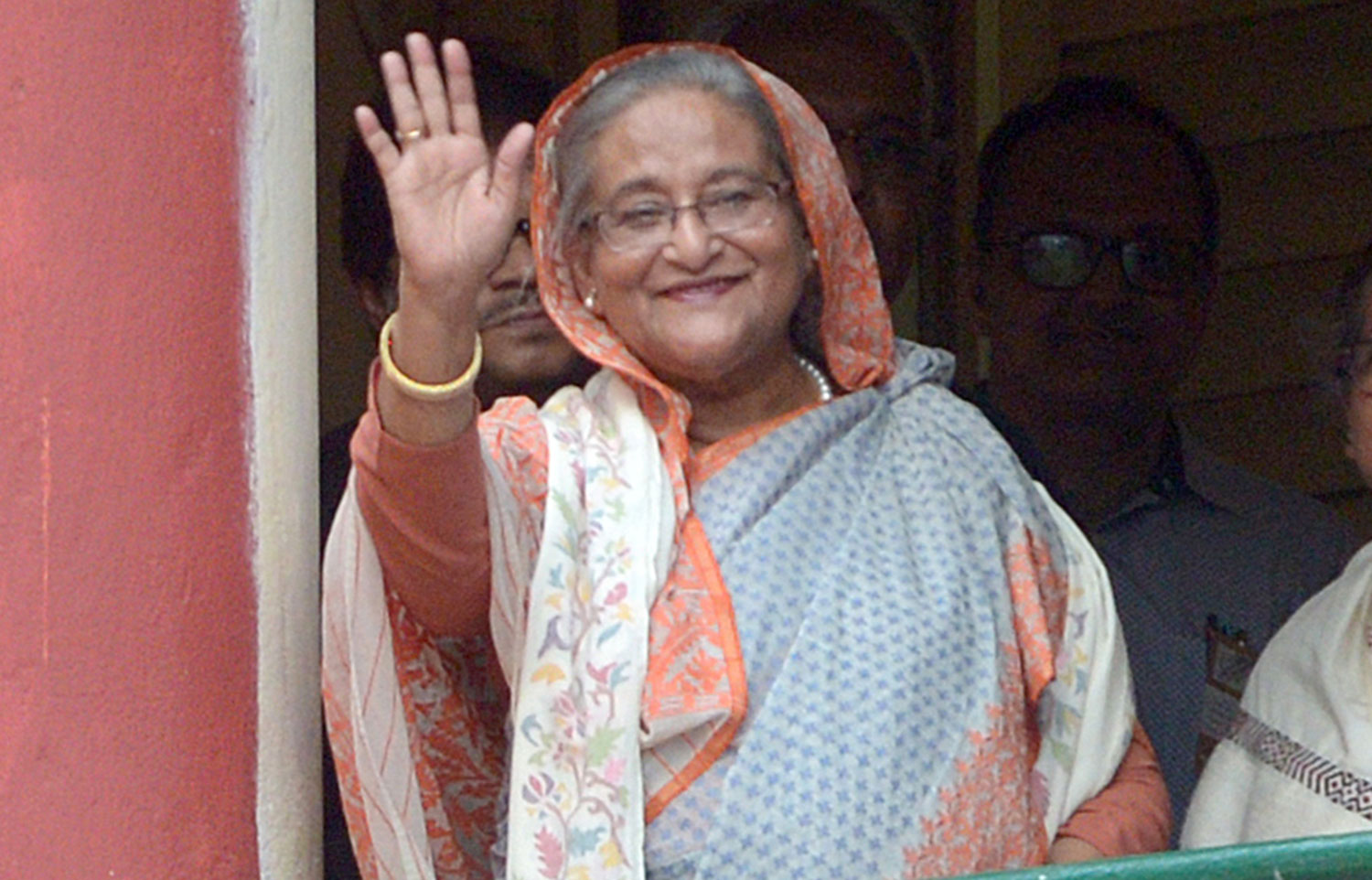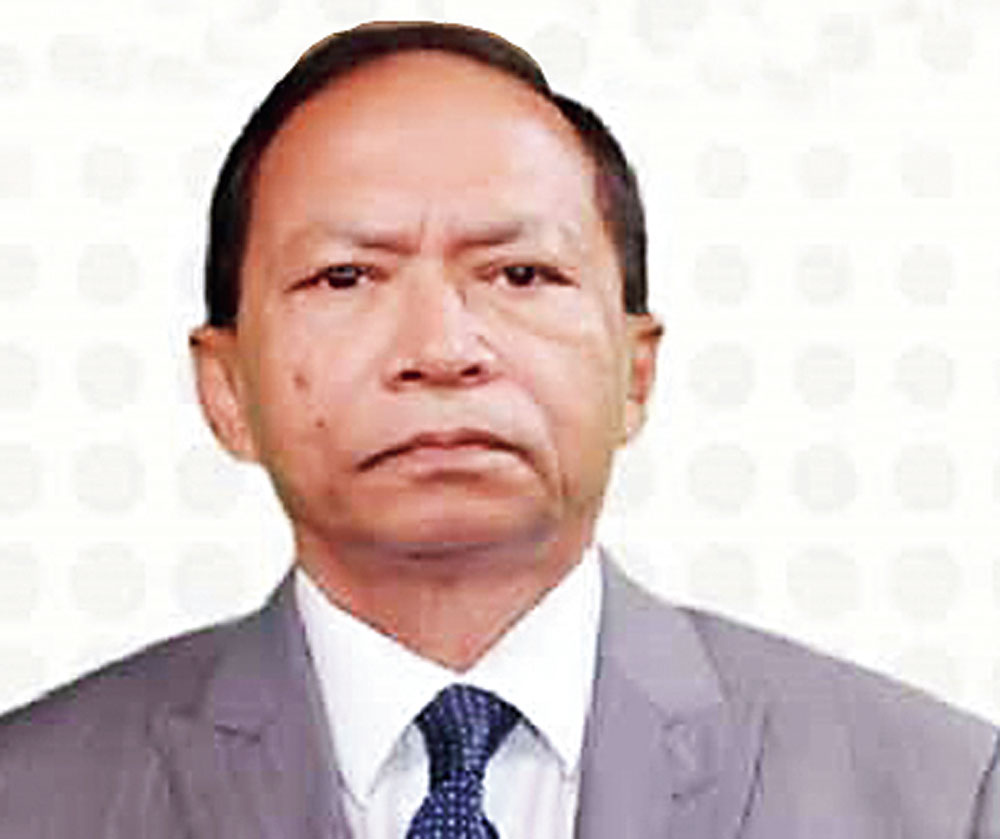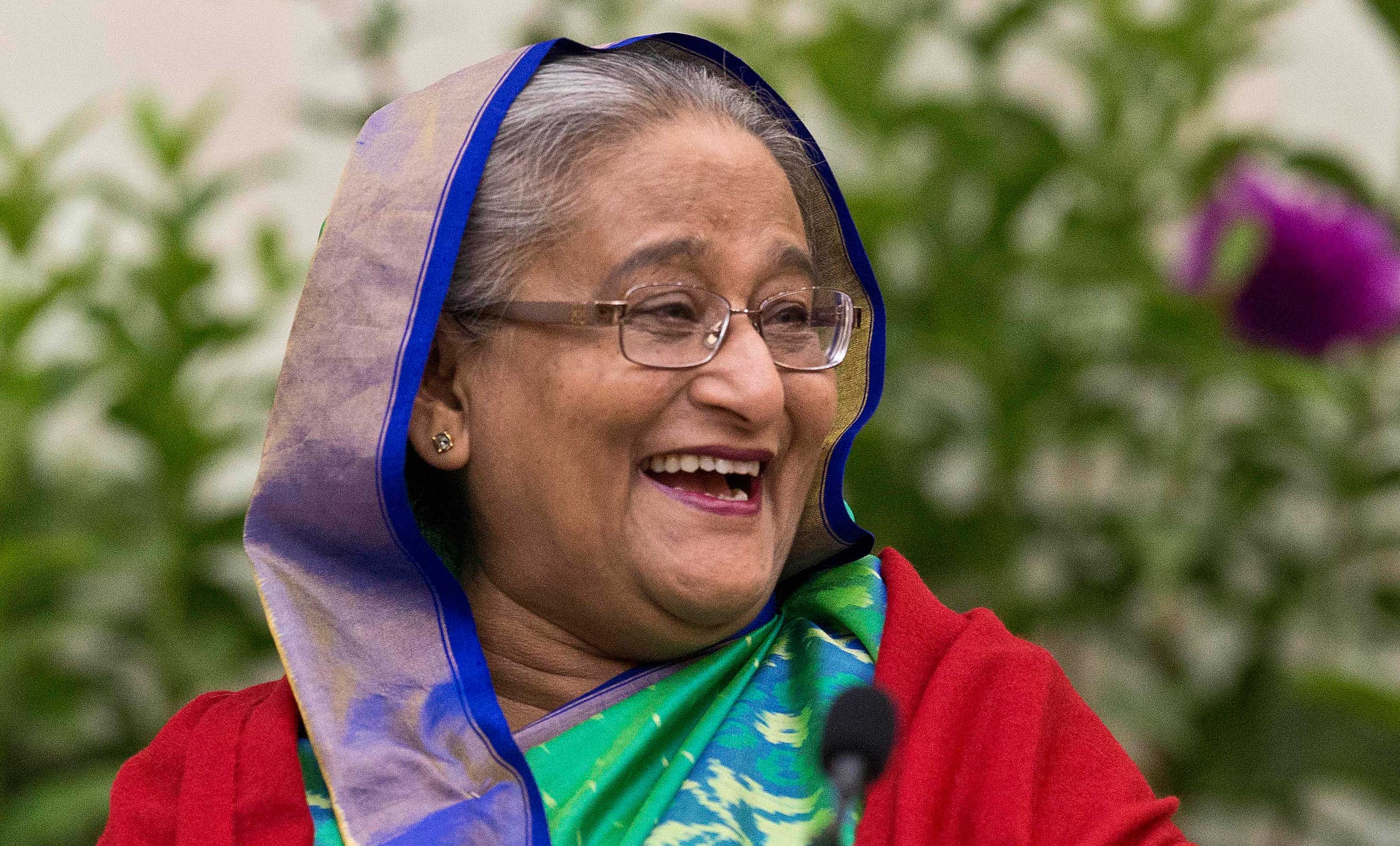Narendra Modi was the first foreign leader to congratulate Sheikh Hasina Wajed on her victory in the December 30 Parliament polls. Modi has good reason to wish Wajed victory: she has addressed India’s security and connectivity concerns like no other leader in South Asia. Bangladesh is crucial to the success of India’s Act East policy. Wajed’s zero tolerance for terror and terror training are key to peace in India’s Northeast.
But this is an election marred by violence and allegations of vote fraud. The Opposition alliance, the Jatiya Oikya Front, reduced to single digits, has rejected the outcome of the polls that saw the Awami League winning 267 seats out of 300 and its allies winning 20 more.
India and China have congratulated Wajed on her third term in office. The Organisation of Islamic Cooperation observers also seem to have endorsed the election. But the West has questioned the poll outcome, lending credence to the Opposition claim that there was no ‘level playing field’ for them. The United States of America has requested the Election Commission to “work constructively with all sides to address claims of irregularities”. The state department deputy spokesperson, Robert Palladino, recalling that the US is the largest foreign investor in Bangladesh, said in a statement: “[W]e note with concern credible reports of harassment, intimidation and violence in the pre-election period that made it difficult for many opposition candidates and their supporters to meet, hold rallies and, campaign freely.” His reminder to Bangladesh that economic development and respect for democracy and human rights are “mutually reinforcing” points to future pressure from Washington, which may only be neutralized by offering US companies business opportunities, specially hydrocarbon majors like Conoco Phillips exploration rights in the prospective coastal offshore blocks. The US may also push for a base in St Martin’s island.
The British and European Union reactions have been much stronger, with the latter describing the polls as ‘tainted’ owing to allegations of intimidation, vote fraud and administrative involvement in manipulations. A tinge of a threat accompanies the British statement when it calls for “efforts to address allegations of poll-time irregularities” — or else. The BBC exposed vote fraud, with pictures of officials carrying half-filled ballot boxes to booths (in Chittagong) before voting began.
In December 2014, India was joined by China and Russia to justify the polls as a ‘constitutional necessity’ and the Bangladesh Nationalist Party was blamed for boycotting polls they might have won. The Russians are too busy with Ukraine and the Middle East now and the Chinese are hoping that the West pushes Wajed to a corner, when she would be forced to walk into their arms like Aung San Suu Kyi after the Rakhine crisis. Wajed cannot risk Bangladesh being equated with Myanmar if she wants to retain focus on her achievements in economic growth and human development.
Also, the Islamist clergy seems to have taken the lead in protesting against the poll outcome. Their large following may turn them into leaders of a protest movement, legitimizing fundamentalists as democratic Opposition as in Hosni Mubarak’s Egypt. Wajed’s occasional flirtations with the likes of Khilafat-e-Majlish and Hifazat-e-Islam may legitimize the Islamist Right rather than neutralize it, although the Awami League may hope economic development will blunt the appeal of hard-line Islam. With India run by the Hindu Right, the Islamists may find enough for sustenance and for undermining the spirit of 1971.












